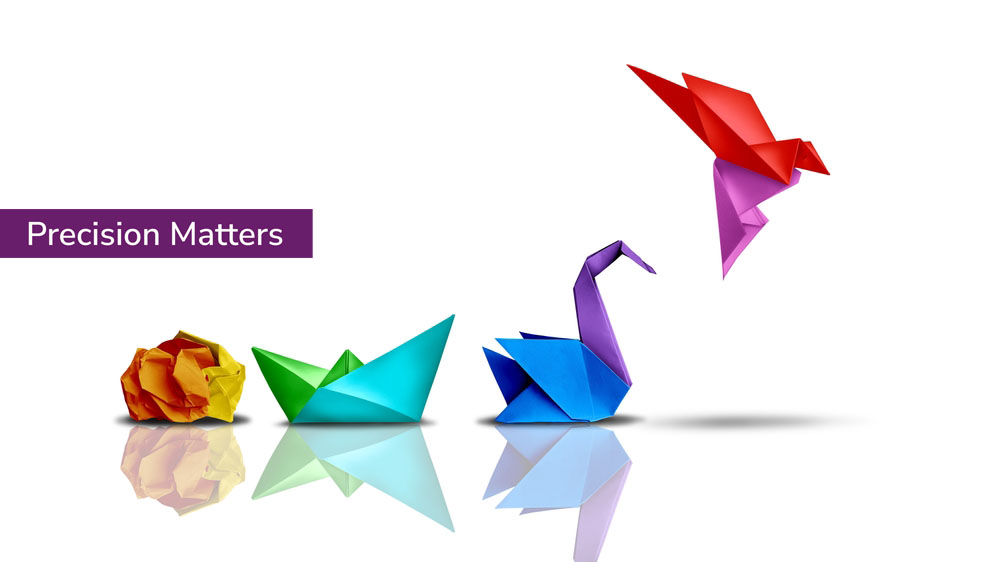“Culture eats strategy for breakfast.”
– Peter Drucker
It’s one of the most quoted lines in leadership, and it’s still true. But what we often don’t talk about is what happens next. If culture eats strategy for breakfast, then skill digests it. And personally, I’d add, skill is what helps it go down smoothly.
In other words, it’s not enough to have bold values or brilliant strategy. To make either work, people need the capability to bring them to life. And capability is built through skill.
Culture lives or dies through behavior
Organizations love to talk about culture. You’ll find values etched into walls, websites, and onboarding decks.
“We’re collaborative.”
“We lead with empathy.”
“We put people first.”
But culture doesn’t live in documents. It lives in daily decisions, interactions, and leadership behaviors. And behavior doesn’t shift just because we say it should, it shifts when people are equipped with the skills to act differently.
We ask leaders to coach, listen, empower, and influence.
We expect managers to build trust, communicate clearly, and navigate tension.
We encourage teams to take initiative, collaborate across silos, and engage with purpose.
But do we ever stop to ask:
“Have we taught them how?”
“Do they actually have the skills to do what we’re asking?”
This is the silent gap in most culture strategies. Not a lack of values. A lack of skills.
Why soft skills aren’t soft at all
Let’s retire the term “soft skills.” Because they’re often the hardest to develop and the most critical to success.
Skills like:
- Leading with confidence
- Communicating with clarity
- Listening without defensiveness
- Giving and receiving feedback
- Building psychological safety
These aren’t “nice-to-haves.” They’re the muscle behind performance, retention, innovation, and engagement. Without them, culture stays aspirational instead of operational.
The rise of precision skill development
Traditional development models, lengthy programs, static workshops, and generic training aren’t meeting the needs of today’s workforce.
What’s working instead is precision skill development:
A focused, data-driven approach that connects people with the right expert, at the right time, for the right outcome.
It’s tailored. It’s scalable. And most importantly, it’s measurable.
Take a manager who struggles with presence in senior meetings. Instead of sending them to a three-day leadership seminar, they’re matched with a coach who sharpens how they speak, hold space, and drive decisions in their real-world context.
No fluff. Just impact.
What the data tells us
According to McKinsey, 69% of organizations have increased their investment in skill-building since the pandemic, with a major focus on social and emotional skills to drive cultural transformation.
The takeaway is clear:
Organizations aren’t just talking about values anymore, they’re investing in the capabilities that bring those values to life.
Why this matters to the business
If you’re a CEO: Skill is the bridge between your strategy and its execution.
If you’re a CHRO: It’s the engine for talent transformation and retention.
If you lead L&D or People & Culture: It’s how you make culture stick, and scale what works.
Skill is how culture moves from concept to capability.
Without it, even the best-intentioned culture efforts remain cosmetic.
Practice Makes Culture
If you want a high-performing culture, stop asking: “What do we believe?”
Start asking: “What do we practice?”
Because culture doesn’t live in slogans, it lives in daily actions. And those actions are fueled by skills that, with the right focus and practice, deliver extraordinary results.
This article is part of the Precision Matters series. In the series, HR and L&D leaders share their expert strategies for utilizing Learning & Development tools to craft precise, impactful business outcomes and foster organizational growth.




